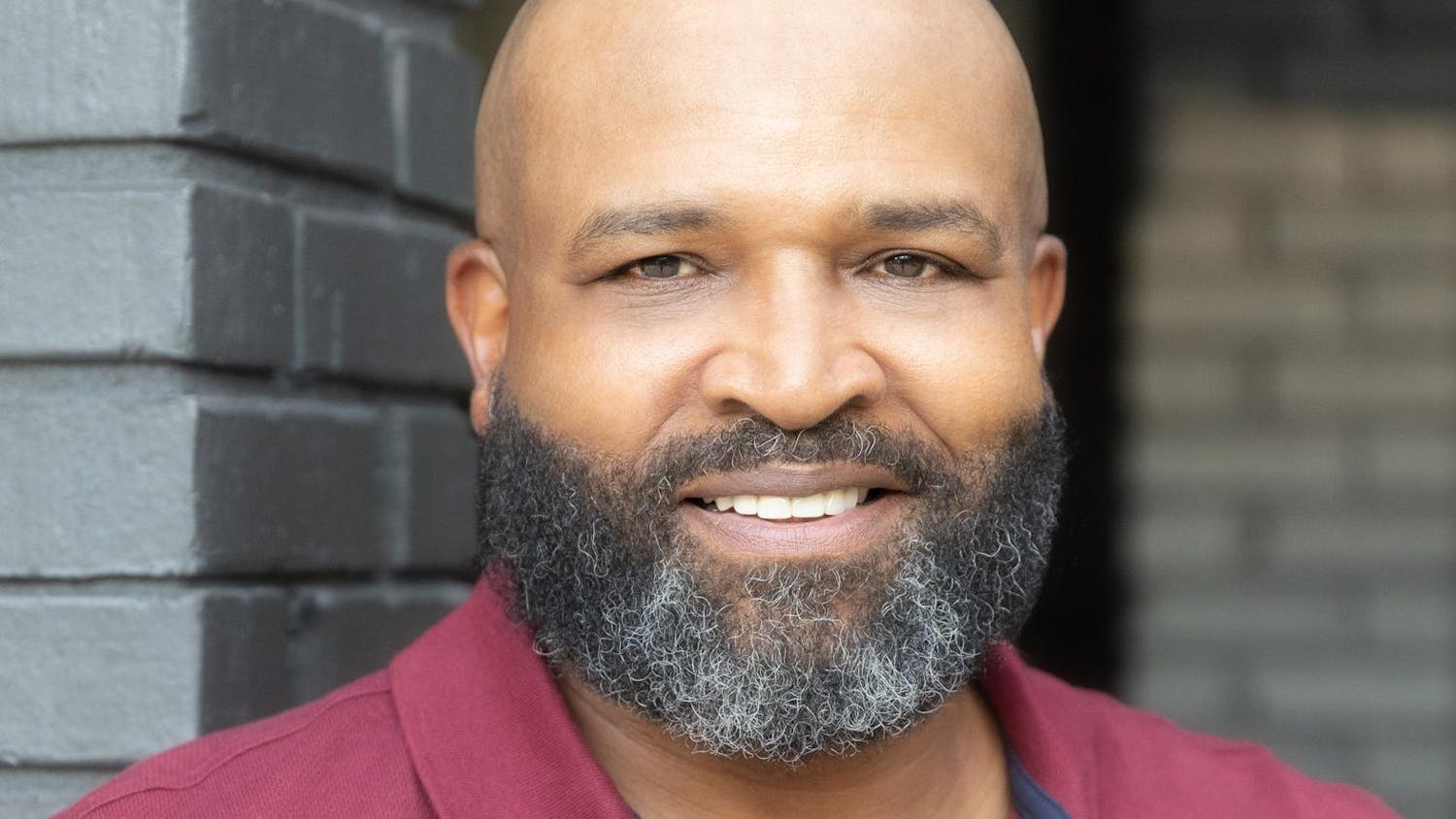An Auburn University study found there is no connection between a state’s leniency on payday lending regulation and the political party that controls the state.
According to research, the costs and benefits of payday lending is a controversy at the state and federal level. This prompted research into how political parties in charge of both the state governorship and legislature regulate the payday lending industry.
“Next year will be the year of politics,” said James Barth, Lowder Eminent Scholar in Finance. “Democrats typically, one might think, are the sort of individuals that if they control governorship and control the legislature … are going to want to impose more restrictions on payday lending. Maybe Republicans, some people might believe, are more business-oriented. So Republicans might say let payday lenders thrive and let the market be free to determine how many there are and where they’re located.”
Yet the study shows no support for this perspective.
Thirty states have either Republicans or Democrats in control of both governorship and legislation. Of the 30, seven are Democratic and 23 are Republican.
Only five states of the 30 prohibit payday lending. Republicans control four of those five states.
Of the remaining 25 states where payday lending is legal, 19 are under Republican control.
“I think this is generally a very hot topic right now,” said Jitka Hilliard, assistant professor of finance. “When President Obama was in Montgomery earlier this year, he talked about payday lenders. He said we have four times more payday lenders than McDonalds. I was calculating it and yeah, that’s pretty close. It’s a little bit more than four times, actually.”
Payday loans require borrowers to repay the amount taken along with fees when they receive their next paycheck. It is common for interest rates on these loans to be several hundred percent, according to the study.
In the legal states, regulation laws focus on the maximum annualized percentage rate (APR) for a 14-day $100 loan, a maximum loan amount, a maximum number of outstanding loans at one time and a maximum number of rollovers or renewals of loans.
The researchers compiled an index based on the four focal points, with higher values indicating more leniency. The top four states shared the same value. Of the four, three were Republican, yet the bottom three values were also Republican states
California, a Democrat-controlled state, has the second-most payday lenders of the 25 Democrat- and Republican-controlled states. Delaware, also a blue state, has no limit for APR for a 14-day $100 loan.
Data of the 25 states also show there are more Republican-controlled states that prohibit rollovers and renewals than Democrat-controlled states.
With fluctuations in leniency across states of both parties, the research concludes there isn’t a correlation between regulation and political party.
According to Barth, the study is the first of its kind.
“With this official regulatory data, we had a data set no one had ever looked at before,” Barth said. “My goal is to do research that somehow can improve the lives of people around the world.”
Do you like this story? The Plainsman doesn't accept money from tuition or student fees, and we don't charge a subscription fee. But you can donate to support The Plainsman.




